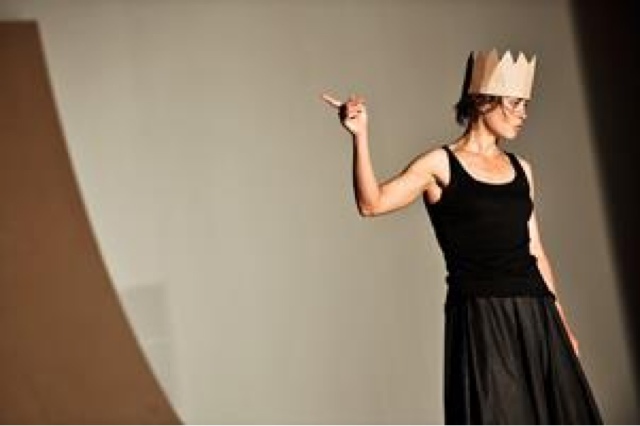Toronto's Progress Festival hosted a number of performances from Edinburgh's Forest Fringe over a two-day period at The Theatre Centre in late January. With only limited time, I managed to squeak in one show on the recommendation of some friends in the UK, and was certainly not disappointed.
The stage space is mainly dark, with just a desk and microphone, with a script sitting on the desk. What follows is a stream of consciousness story-poem assault on the senses. The story weaves in space and time and focus, meandering through thoughts and ideas and most importantly, memories. Brett Bailey is a captivating performer, and his ability to use words (just words, no movement or set or props) to build an arch are outstanding. Without going too much away, the pace of the story races forward until it crashes into darkness, out of which emerges a meditation of sorts; in the dark with lights facing the audience and almost unbearably loud music, the audience sit. And think. And continue to sit and think and think.
Stunning stuff.
I do feel that the stories themselves could have been slightly more concise, just to trim slightly before the final, beautiful and unsettling moments.
The stage space is mainly dark, with just a desk and microphone, with a script sitting on the desk. What follows is a stream of consciousness story-poem assault on the senses. The story weaves in space and time and focus, meandering through thoughts and ideas and most importantly, memories. Brett Bailey is a captivating performer, and his ability to use words (just words, no movement or set or props) to build an arch are outstanding. Without going too much away, the pace of the story races forward until it crashes into darkness, out of which emerges a meditation of sorts; in the dark with lights facing the audience and almost unbearably loud music, the audience sit. And think. And continue to sit and think and think.
Stunning stuff.
I do feel that the stories themselves could have been slightly more concise, just to trim slightly before the final, beautiful and unsettling moments.





